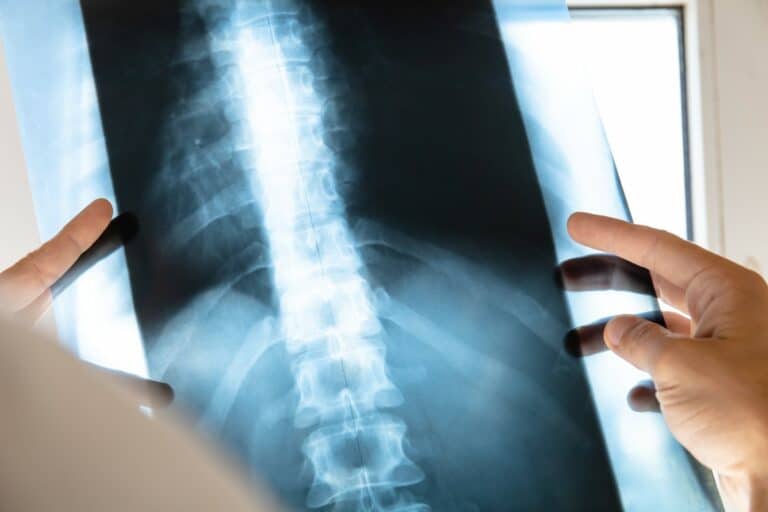Military Fatal Accidents: The initial stages of investigation
This is the first in a series of blogs about fatal accidents by the military team at Bolt Burdon Kemp. We are highly experienced in bringing claims against the Ministry of Defence where someone has died as a result of negligence. In this blog, I will explain the initial stages of investigation when a loved one has sadly died.
In 2019 the Ministry of Defence’s statistics revealed that 20% of fatalities were as a result of land transport accidents and 23% as a result of other accidents. The Army had the highest mortality rate at 54 per 100,000 personnel. Whilst fatalities are decreasing within the forces, unfortunately avoidable deaths do happen and families deserve to be compensated and get justice.
When is there an investigation?
The Ministry of Defence may carry out its own investigation into the death of a service personnel if it is thought that there are “lessons” that could be learned from the fatality. A civilian investigation, called an inquest, is also carried out if there is reason to suspect that:
- the deceased died a violent or unnatural death,
- the cause of death is unknown, or
- the deceased died while in custody or otherwise in state detention
The kinds of deaths that are investigated may involve:
- Malfunctioning equipment
- Unsafe working practices
- Inadequate training
- Medical negligence
- Heat injury
- Suicide
- Assault
There are many other circumstances where a death may result in an inquest being held. For example, an inquest is due to be held following the death of a Lance Corporal who ran out of air during a diving exercise in 2018. Other recent inquests have involved the death of a Corporal after collapsing on a hot day during an annual fitness test, historic asbestos exposure and the mysterious death of a Lance Corporal found in barracks three weeks after he had sadly passed away.
What is the purpose of an inquest?
If an inquest is carried out, this does not automatically mean that there can be a civil claim for compensation. The purpose of the investigation into the death and the inquest process is to establish:
- who the deceased was, and:
- when, where and how they died
It is not intended to apportion blame but the inquest is an opportunity to obtain evidence and examine witnesses, which can not only help the family get clarity on how their loved one died, but also assist with investigating whether a civil claim can be pursued.
The inquest is led by a Coroner, who may decide to conduct a more extensive inquiry called an Article 2 inquest. In many cases involving the MoD, the Coroner will decide that this type of inquest is appropriate.
These types of inquests are considered when:
- The death was caused by the state, and
- There appear to have been failures that were serious and systematic, and
- The state was aware of these failures but did not act
These inquests are more in depth, look at the wider circumstances of the death, fully involve the family and the Coroner will provide a more detailed conclusion. It is important that an Article 2 inquest is carried out where appropriate to ensure there has been a proper investigation.
The inquest process is not straightforward and if you are considering bringing a civil claim against the Ministry of Defence it is important that you seek legal advice as early as possible. At Bolt Burdon Kemp we can help guide you through the inquest process, ensure that questions are answered and that your loved one’s death is properly investigated.










